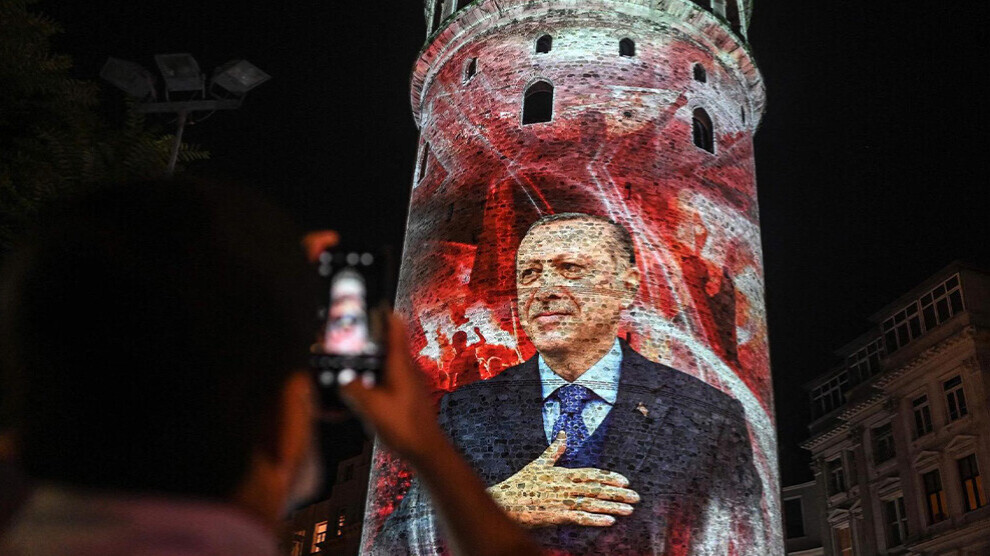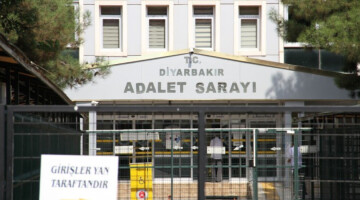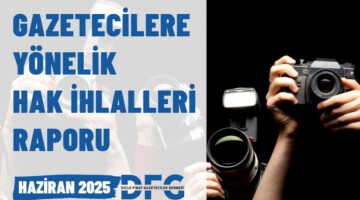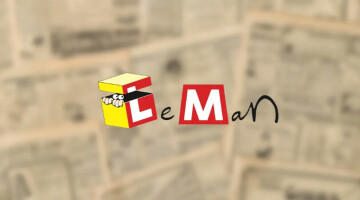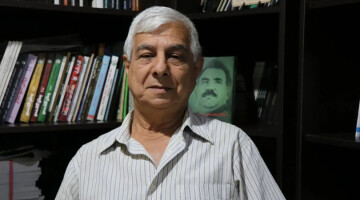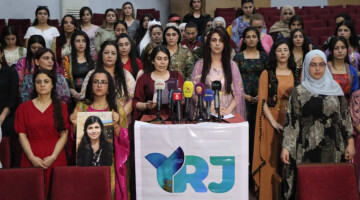In Turkey, a directive by Recep Tayyip Erdoğan to further tighten the existing censorship of the press and media has been met with sharp criticism. The Bar Association in Amed has now lodged an appeal with the Supreme Administrative Court. The President had no authority for such an order and thus exceeded his powers, said the Bar Association, adding that the directive fails primarily because it affects the limits and essence of fundamental rights and violates the principle of legality and the requirement of certainty.
In the directive, published in the Official Gazette over the weekend, Erdoğan threatened "necessary measures" against the publication of content in the written, oral and visual press that goes against the country's "moral and national" values. In particular, the directive targeted the "destructive effect" of TV programs and said that formats with foreign content adapted for Turkey should be eliminated. It is, it added, important to protect the institution of the family, children and young people. Relevant laws and the constitution should provide precautions against productions that have a “harmful” effect on society. Minors must be protected from "messages conveying certain symbols". The guidelines did not go into detail.
The Amed Bar Association said that the directive had no legal basis and that there were undoubtedly constitutional concerns. "Article 13 states that fundamental rights and freedoms may be restricted without affecting their essence, only for the reasons set out in the relevant provisions and only by law." The Bar Association added that "the directive must be withdrawn immediately because it is contradictory stand for legal certainty. This was violated, among other things, by the fact that the restrictions were not imposed by an act of Parliament, but by the enactment of a directive by the President."
The chamber goes on to argue that the decree will "pave the way for disproportionate interference" in the rights and freedoms of citizens. It is a massive attack on press freedom, censorship and restrictive measures. "The arrangement is completely arbitrary. We call on the judiciary to correct this step immediately," the Bar demands in its complaint.

